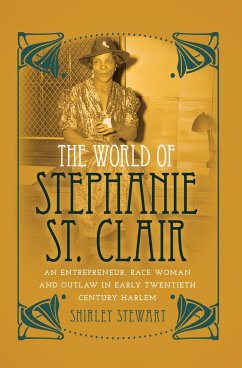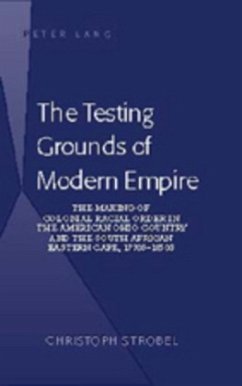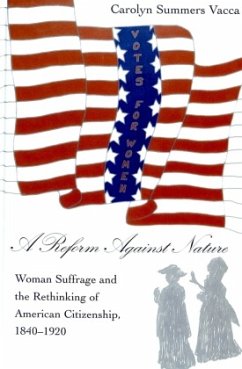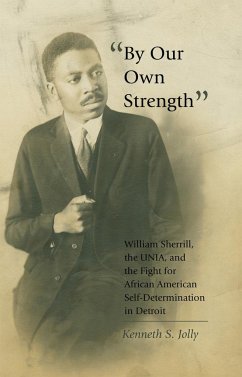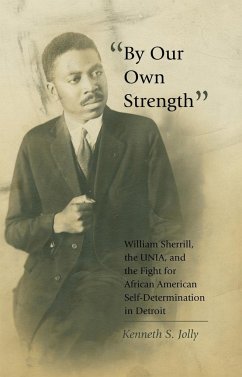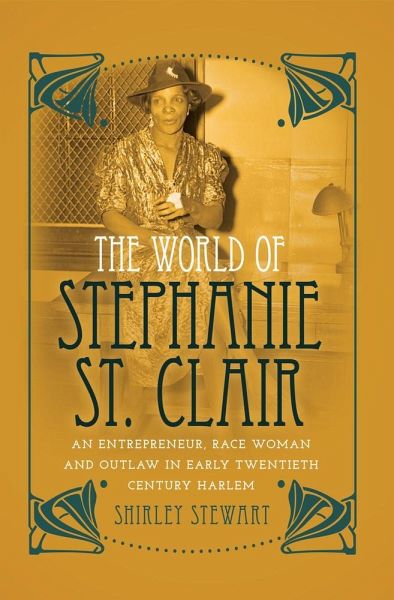
The World of Stephanie St. Clair
An Entrepreneur, Race Woman and Outlaw in Early Twentieth Century Harlem
Versandkostenfrei!
Versandfertig in 6-10 Tagen
164,65 €
inkl. MwSt.
Weitere Ausgaben:

PAYBACK Punkte
0 °P sammeln!
Born in Guadeloupe in 1897, Stephanie St. Clair entered the United States thirteen years later. By 1923 at the age of twenty-six she would create and manage a highly lucrative policy bank in Harlem - earning a quarter of a million dollars a year. To this day, she remains the only black female gangster to run an operation of that size. Infamous gangster Dutch Schultz invited himself to share in the Harlem profits. Unlike other Harlem bankers, St. Clair resisted. Despite Schultz's threats, many of her male employees remained with her. Some said she paid them high wages and challenged them by ask...
Born in Guadeloupe in 1897, Stephanie St. Clair entered the United States thirteen years later. By 1923 at the age of twenty-six she would create and manage a highly lucrative policy bank in Harlem - earning a quarter of a million dollars a year. To this day, she remains the only black female gangster to run an operation of that size. Infamous gangster Dutch Schultz invited himself to share in the Harlem profits. Unlike other Harlem bankers, St. Clair resisted. Despite Schultz's threats, many of her male employees remained with her. Some said she paid them high wages and challenged them by asking, «What kind of men would desert a lady in a fight?»
Upon arrival in the United States St. Clair did not conduct her life in the manner expected of a black female Caribbean immigrant in the early twentieth century. What factors influenced St. Clair's decision to become an entrepreneur and activist within her community? Why did St. Clair describe herself as a «lady» when ladies did notrun illegal businesses and they were not black? These questions are explored along with her lineage - a lineage that contains the same fighting spirit that she carried throughout her life. This is not the story of a victim.
Courses concerned with the study of social and economic conditions of black urban residents during the early twentieth century and female entrepreneurs of the same era will find St. Clair's story compelling and informative.
Upon arrival in the United States St. Clair did not conduct her life in the manner expected of a black female Caribbean immigrant in the early twentieth century. What factors influenced St. Clair's decision to become an entrepreneur and activist within her community? Why did St. Clair describe herself as a «lady» when ladies did notrun illegal businesses and they were not black? These questions are explored along with her lineage - a lineage that contains the same fighting spirit that she carried throughout her life. This is not the story of a victim.
Courses concerned with the study of social and economic conditions of black urban residents during the early twentieth century and female entrepreneurs of the same era will find St. Clair's story compelling and informative.




